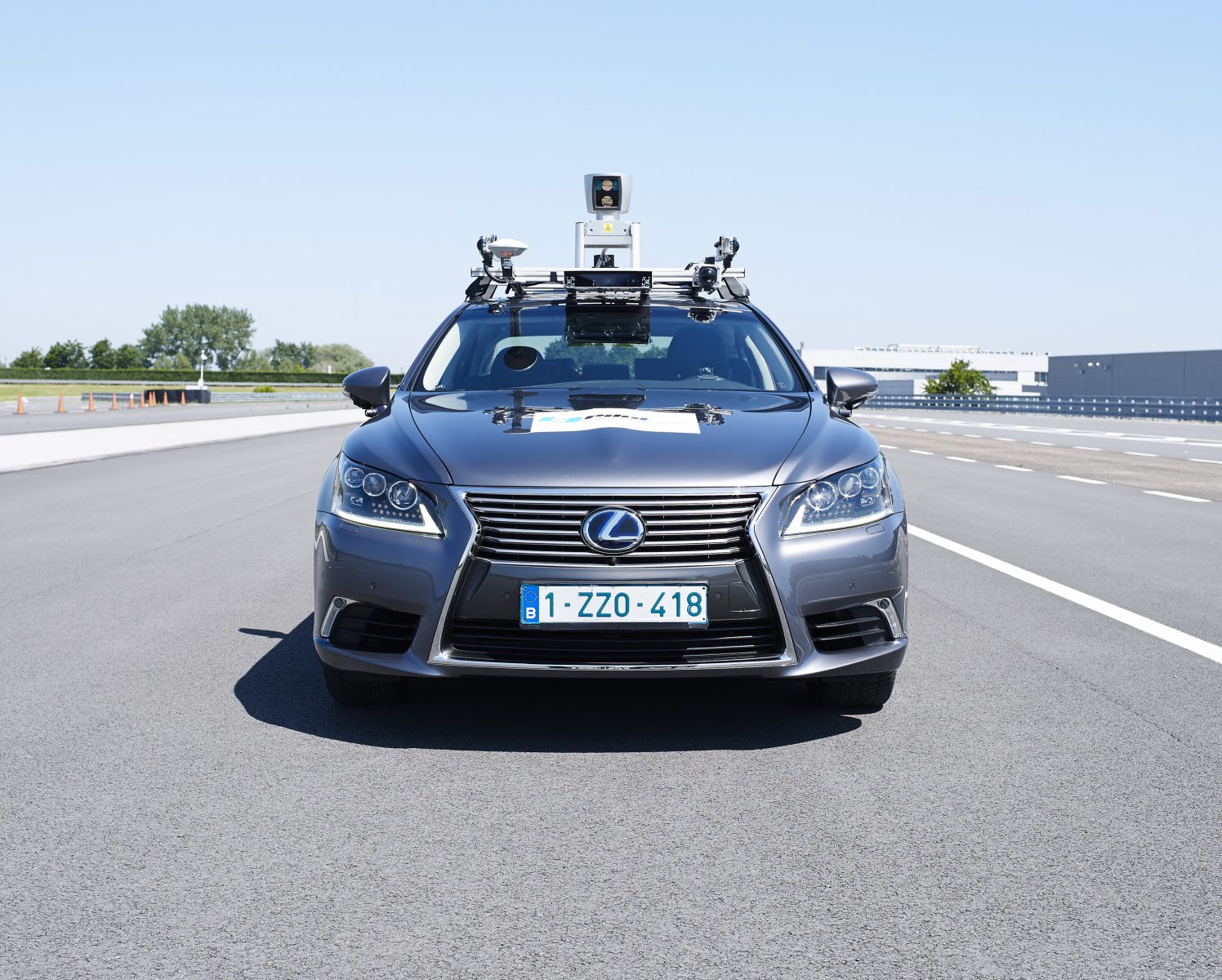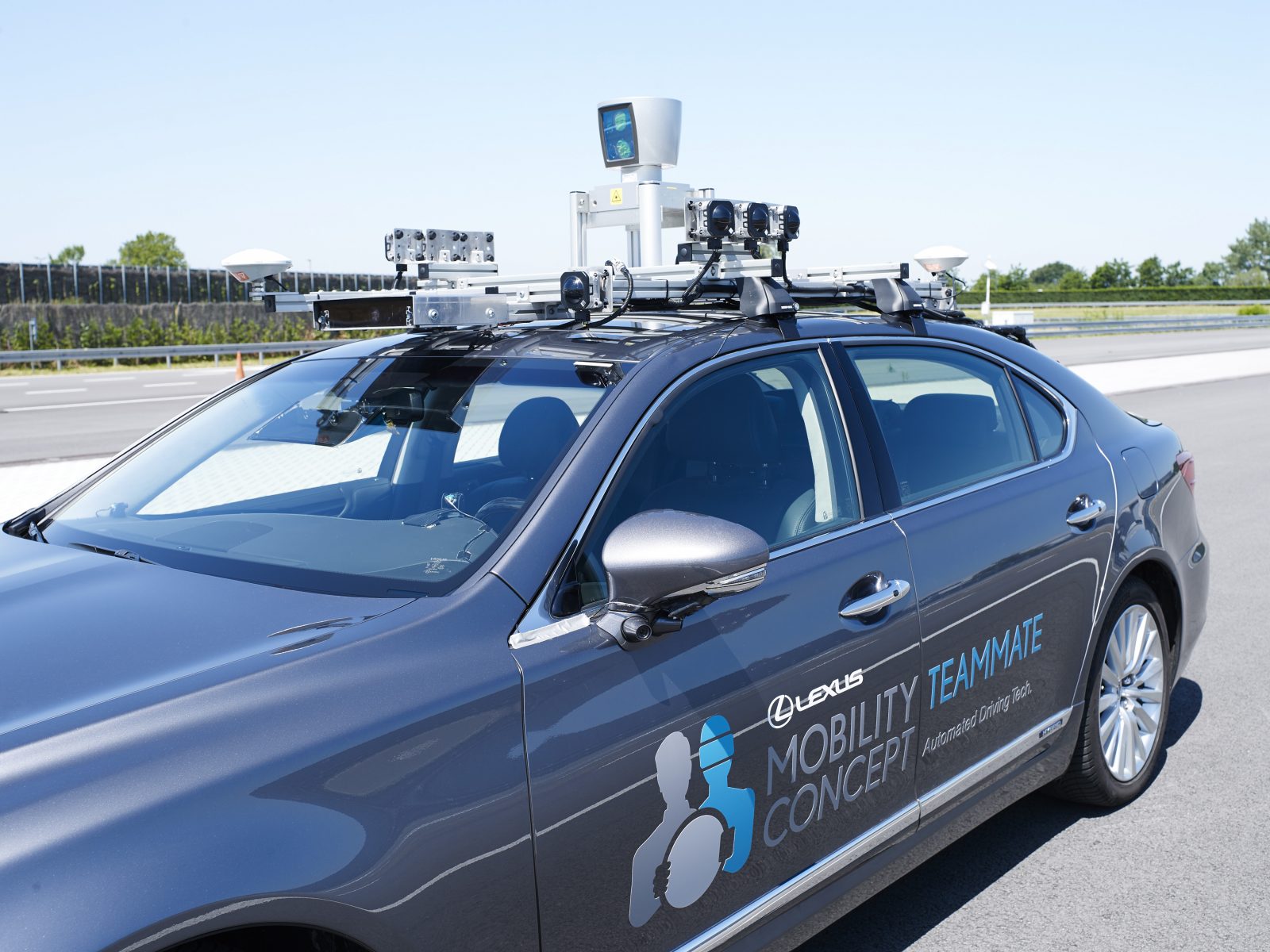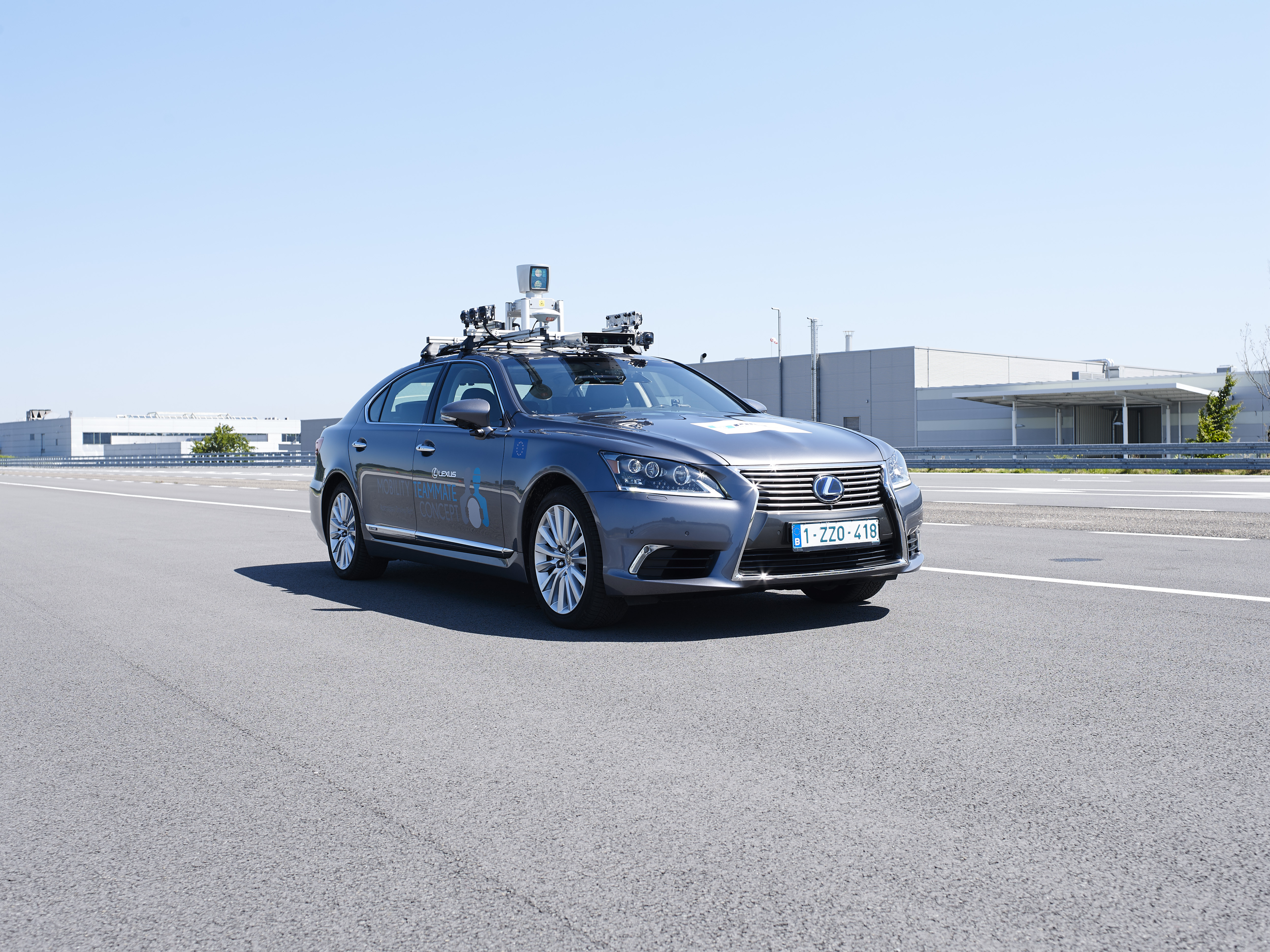Toyota is bringing its autonomous vehicle development program to Europe as it announces a 13-month public road trial in Brussels.
A heavily modified LS saloon from sister firm Lexus will make repeated journeys around a fixed route in the Belgian capital, following successful simulator tests and further public road testing in Japan and America.
Gerard Killmann, Toyota Motor Europe (TME) vice president of research and development, said: “Toyota’s ultimate goal is zero casualties from traffic accidents, and the main goal of this pilot is to study complex and unpredictable human behaviour and its impact on automated driving system requirements.

“Responding to the complexity and diverse population of an urban environment like Brussels – the European capital and home to citizens of 184 different nationalities – is key to understanding human behaviour. After successful trials on public roads in Japan and the US, we are now adding European conditions to the technology’s understanding.”
The Lexus LS started life as a standard production model, but Toyota’s engineers have fitted various sensors to the roof that can ‘see’ the road ahead, with the data interpreted by on-board computers that react appropriately.

The LS is fitted with LIDAR (laser imaging detection and ranging), radars, cameras and a high-precision positioning system that work together to create an accurate computer model of the vehicle’s surroundings. A human operator remains in the driver’s seat at all times to take over in case of an emergency.
The research is part of the L3Pilot project, which has been part-funded by the European commission and sees 34 organisations in the automotive industry work together on advancing autonomous vehicle technology.

